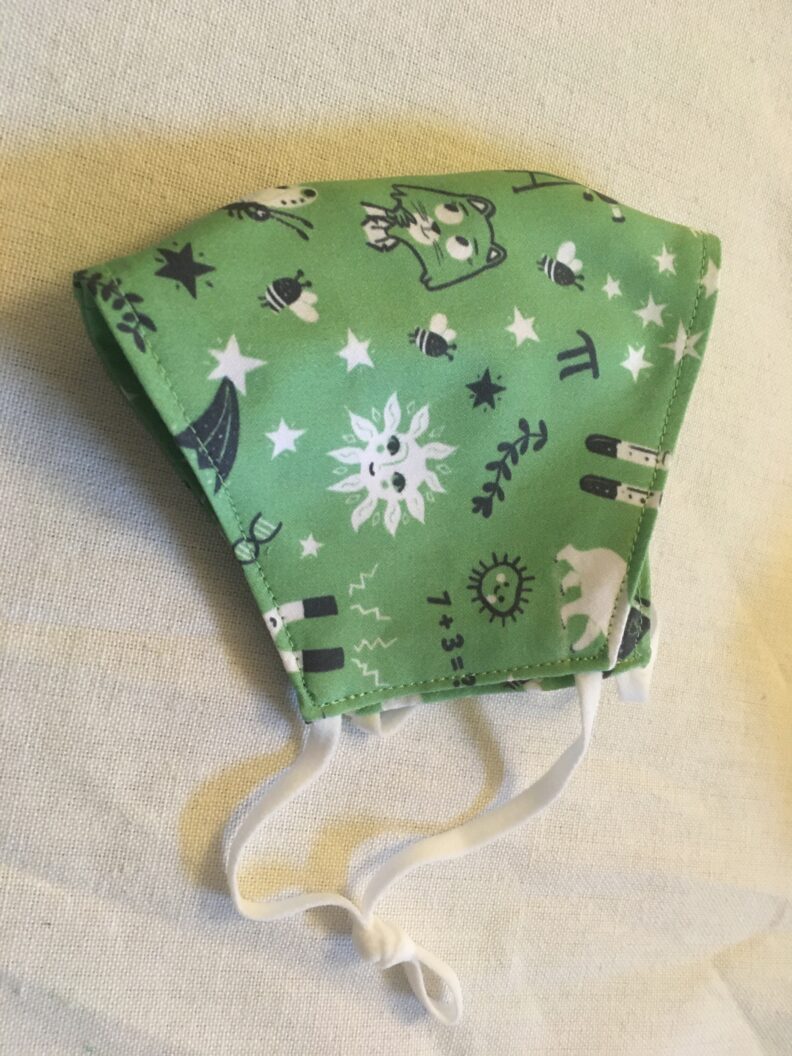Worms can help the soil in a few different ways. One helpful thing worms do is move around different materials, such as leaves and grasses, and make holes in the soil.
That’s what I found out from my friend Lynne Carpenter-Boggs, a soil scientist at Washington State University, who was happy to help with your question.

“Worms are actually very strong,” Carpenter-Boggs said. “They can break through soil and make holes that allow air, water and plant roots to follow those channels.”
As the worms wriggle down into the earth, sometimes they also pull leaves and dead grass down into their burrows. These materials can break down and add important nutrients to the soil.
Meanwhile, worms sometimes bring leaves and grasses down into their burrows to save as a snack for later. For earthworms, soil is almost always what’s on the menu for breakfast, lunch and dinner.
Worms eat all kinds of things in the soil. Scientists often call these things organic materials. This includes grasses, leaves, roots and other materials that make up the soil.
After worms digest their food, they poop. It turns out there is a particular word scientists use when they talk about earthworm poop: castings. These castings look pretty much like the dark soil and blend right into the mix. Castings are also a kind of natural fertilizer that can help plants grow.
We also find another important thing in the castings that help the soil: bacteria. Bacteria are so small we’d likely need a microscope to see them, but they also help with soil health. Different bacteria have different jobs in the soil.
Some bacteria help break down—or decompose— different organic materials. There are even some bacteria that give off the very chemicals that create that earthy soil smell. Just as various types of bacteria live in your gut, a range of bacteria also live in the guts of worms.
 “We can see that there is this incredible diversity of bacteria in the earthworm stomach,” Carpenter-Boggs said.
“We can see that there is this incredible diversity of bacteria in the earthworm stomach,” Carpenter-Boggs said.
Through digging holes, moving materials around, eating and dropping their castings, worms do a lot to help protect the soil.
When you think about it, the soil is a pretty amazing material. Soil gives worms what they need to survive, and the worms help give the soil what it needs to thrive. That’s great for animals and humans who eat plants that grow in soil, too.
The next time I go outside, I’m going to take a closer look at the soil. Maybe you can try it out, too. Perhaps you will see some rocks, roots, grasses or maybe even a wriggling earthworm. If you have a magnifying glass, you might be able to get an even closer look. Take some time to think about how important the health of the soil is to all the life that lives in it—and how important soil is to all life on our planet.
Sincerely,
Dr. Universe

Grown-ups! You can help Ask Dr. Universe change the world, one science question at a time.
Learn about the Dr. Universe Fund at Washington State University and how to get your own STEM-inspired face mask here: askDrUniverse.wsu.edu/masks